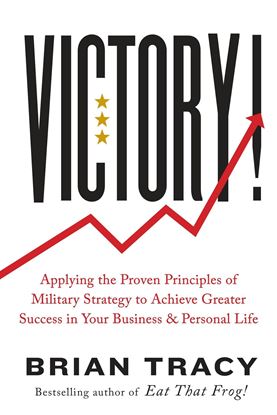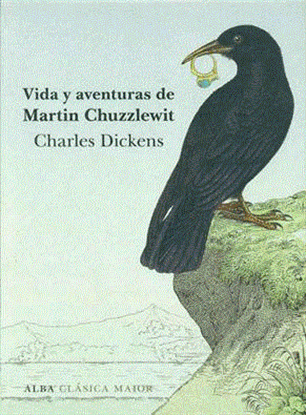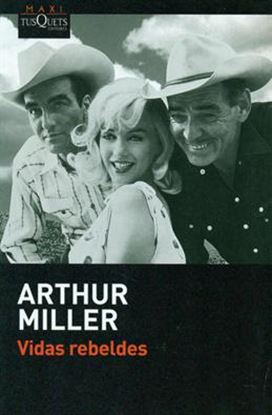

VICTORY!
By bestselling author Brian Tracy, a revised and updated edition of this indispensable field guide to using military strategies to win in business and life.
The modern world can be a battleground, but key strategies that have helped history’s great leaders triumph in military campaigns can also be used to achieve business and personal success. Brian Tracy is a leading authority on success and achievement, authoring bestsellers including Eat That Frog!, and raising millions toward advancement with his guidance. In this fully revised and updated edition of a classic, Tracy presents 12 core principles of successful military commanders and how to apply them in almost any situation and emerge victorious, including proven methods to:
· Concentrate your strengths in the most effective way to reach your goals
· Gather game-changing intelligence to determine the best approach
· Decide when to go on the offensive vs. cover your bases
· Exploit the element of surprise for maximum benefit
Packed with Tracy’s transformative advice, Victory! arms readers with powerful skills and a practical road map to unlock their potential for greatness in business and in life.
995
796
VIDA Y AVENTURAS DE MARTIN (ALBA) (TD)
«Mi tutor piensa tanto en sí mismo que, si yo no hago igual, me olvidarán»: este plan de vida es el del joven Martin Chuzzlewit, criado por su rico abuelo en el interés y ladesconfianza, especialmente de los múltiples miembros de su propia familia, que conspiran todos para heredar. Cuando el joven se enamora de Mary Graham, la señorita de compañía de su abuelo, y desata la ira de este, busca refugio en casa de otro pariente suyo, el señor Pecksniff, arquitecto que jamás ha construido nada e imagen viva de la mezquindad y la hipocresía.«Y lo que es cierto de las familias lo es también de la sociedad.» Según cuenta André Maurois, Dickens tenía pensado empezar la novela así: «Escena: vuestra casa. Personajes: vosotros mismos». Y añade: «Se abstuvo e hizo bien. Todo era demasiado real para que lo aceptáramos».
2,900
2,320
VIDAS REBELDES (BOL) (OF1)
Vidas rebeldes: En los crudos alrededores de Reno, la «capital mundial del divorcio», confluyen cuatro almas perdidas: la bella Roslyn, que nunca se ha sentido verdaderamente parte de nada ni de nadie, y tres hombres desarraigados que vagan por aquellas tierras subsistiendo con el poco dinero que obtienen de participar en rodeos o cazar caballos salvajes. A lo largo de esta intensa y emocionante historia, los cuatro descubrirán que la libertad tiene su precio, y el corazón, sus leyes. Vidas rebeldes es la novela que Arthur Miller escribió para guiar a la cámara y que más tarde llevó a la gran pantalla en un filme protagonizado por Marilyn Monroe. El resultado es un género de difícil clasificación, que prefigura perfectamente la película al tiempo que ofrece la intensidad narrativa que sólo puede salir de la pluma de un escritor.
300
240











